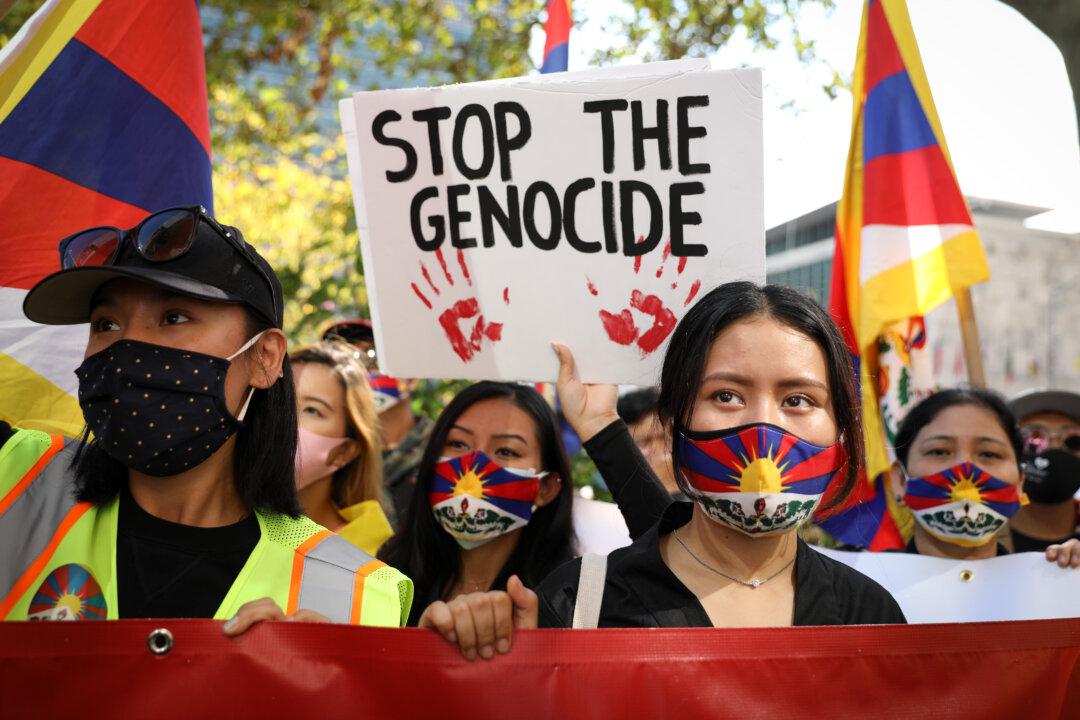NEW YORK—More than 150 groups in some 90 cities around the world rallied in protest of the Chinese regime’s human rights abuses as it celebrated its 71st year of rule.
The global coalition on Oct. 1—the anniversary of the Chinese Communist Party’s takeover of China in 1949—was a diverse mix of Tibetans, Hongkongers, Taiwanese, ethnic Mongolians, Uyghur Muslims, Kazakhs, and exiled Chinese dissidents, each with grievances against the regime for persecuting their communities. The suppression they faced has revealed to the world the true face of the Chinese regime: one that disregards human rights and poses threats to the world, they told The Epoch Times.





